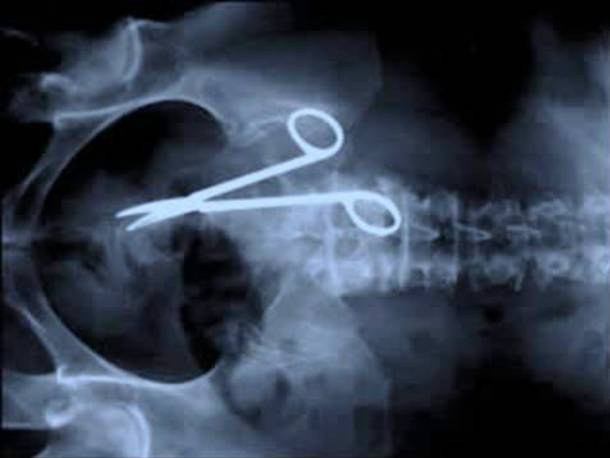
The rights of a patient have improved over the years and with this is the growing knowledge about what your rights are when something does go wrong. If you have had care or treatment that is inadequate, delays that are outwith the waiting times targets (currently 18 weeks for referral and 12 weeks for a new outpatient appointments) you are entitled to make a complaint and receive a full answer. Beyond an initial complaint, you also have the option of pursing a claim if your care amounted to negligence, which damaged your health (misdiagnosis or mistakes in surgery for example) and would not have occurred otherwise.
Making a NHS Complaint
You have the right to complain about anything in your experience with the NHS as a patient or a visitor by following their procedure. This complaint must be made within 6 months of the incident; unless you can provide good reason as to why it could not be submitted within this timeframe, and the NHS accepts this. If you are making a complaint on someone else’s behalf, you must obtain their consent, however if they are not in a position to give their consent, you can still make that complaint if you are their legal representative. The typical things that people complain about include lack of information, stolen property, NHS facilities (cleanliness for example), treatment. If the standards for a particular issue have fallen short of acceptable, then having this considered further and receiving a clear explanation is the minimum that you should receive.
You cannot make a complaint to ask for a second opinion about your treatment or care or to ask for treatment for the first time.
Medical Negligence
In Scotland a claimant has 3 years from the date that they knew, or should have reasonably known, that negligence occurred and caused injury. In order to be successful, it must be established that the course adopted by the medical practitioner was a course that no other medical practitioner in that position would have adopted, when acting with ordinary care.
It is important to seek guidance from a medical negligence solicitor who will advise you about what is involved with the process and advise on the prospects of a claim. When speaking with the solicitor, they will seek full information on what has occurred, request medical records and establish the facts around the case. Medical negligence is not confined to the NHS, if injury has occurred during private healthcare treatment, the professionals are also held to the same standards. As medical negligence claims are complicated, it is recommended that records of letters/consultations should be kept from the beginning, to the end of your treatment. Since GDPR in May 2018, it has become much easier to request medical records from your hospital or GP surgery and there is no longer any fee attached to this request. Records must be provided within one calendar month of the request being made. It should be noted however that repeated requests for medical records can incur an administration fee or, if there are a large number of records, you should be kept informed on the progress of this if it takes longer than 30 days. When commencing with legal action, your solicitor will seek to recover full medical records on your behalf.
The solicitor will write to solicitors defending the institution/medical professional involved. It is always encouraged, if applicable, that rehabilitation should be considered and commenced as soon as reasonably possible in order to assist with your recovery. From there, a solicitor will instruct an expert medical report which would require you to attend a consultation. The expert will review your medical records and discuss your injury with you to form an expert opinion. Many cases do settle outside of court, as all parties are keen to avoid court in most instances, you should always be aware though that this may be a last resort if matters cannot be resolved.
Blog by Stephanie Spencer


